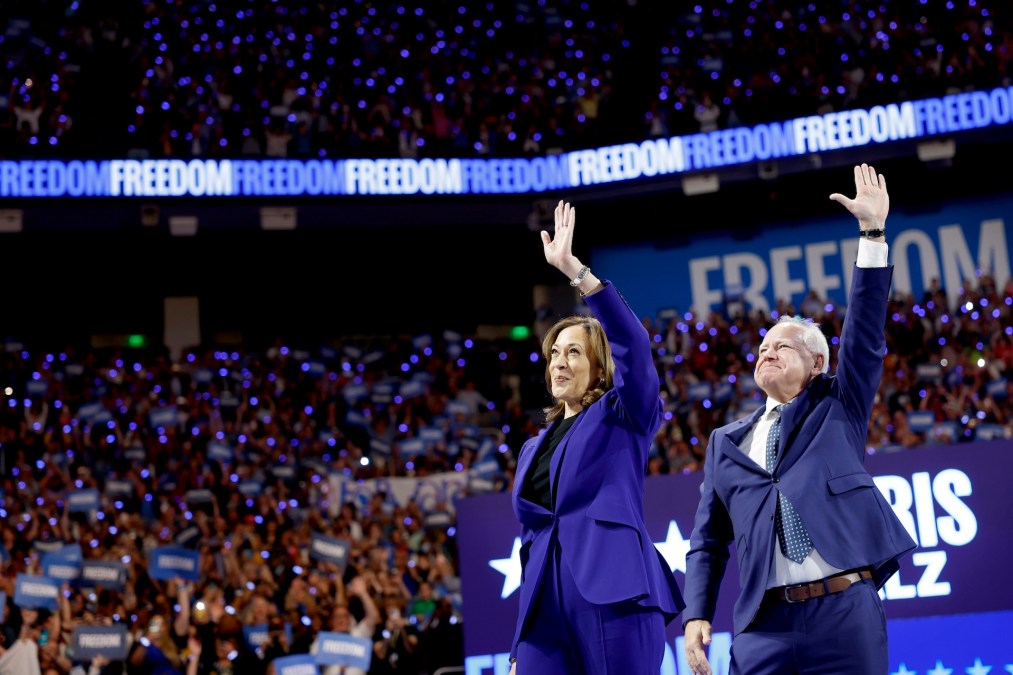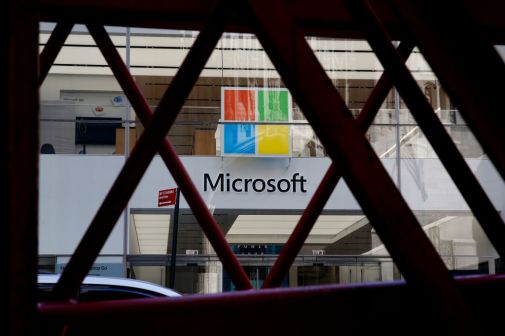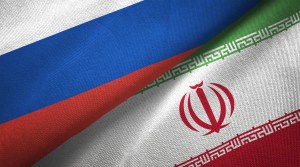Russian threat groups shift attention to Harris-Walz campaign, researchers find

It took a little while for Russian influence operation peddlers to shift their attention from the Biden campaign to the Harris campaign, Microsoft said in a report published Tuesday, but now Kremlin-affiliated groups are ratcheting up fake videos about the Democratic presidential ticket.
In late August and September, the Microsoft Threat Analysis Center observed two separate Russian groups pushing videos designed to discredit Vice President Kamala Harris in places like a fake San Francisco news website and on the social media platform X.
The phony videos claimed Harris was involved in a fabricated hit-and-run accident, depicted an attack by alleged Harris supporters on a purported Trump rally attendee and showed a fake New York City billboard making false claims about Harris’ policies.
“The shift to focusing on the Harris-Walz campaign reflects a strategic move by Russian actors aimed at exploiting any perceived vulnerabilities in the new candidates,” wrote Clint Watts, general manager of the Microsoft center.
Chinese groups also got in on the act, Microsoft said, by reposting content from online influencers suggesting Democratic involvement in the July assassination attempt on Republican presidential nominee and former President Donald Trump.
While Iran has garnered much of the attention of late over its U.S. election interference — the subject of another recent Microsoft analysis — Tuesday’s report serves as the latest reminder that Russia, a mainstay of election meddling since 2016, isn’t necessarily sitting on the sidelines in 2024.
The Microsoft report follows sweeping U.S. government action earlier this month to combat an alleged Russian influence campaign targeting American voters. Both China and Russia routinely deny any cyberspace malfeasance.
“The actions taken by the US government on September 4 mark an important and impactful step to protect against foreign influence targeting the upcoming US presidential election,” Watts wrote, adding that Microsoft had suspended more than 20 email accounts associated with a newly sanctioned Russian government-funded nonprofit. “However, we have also observed actors attempting to create new infrastructure, with one threat actor already having moved media outlets from seized websites to new ones.”
Both Russian groups at the center of Microsoft’s latest report, dubbed Storm-1516 and Storm-1679, initially struggled to shift to the Harris campaign, with one having previously focused on the French election and the 2024 Olympic Games, the company said. A third group, Ruza Flood, has also participated in the shift toward Harris, Microsoft said.
One of the videos received more than 100,000 views within four hours of posting on X, according to Microsoft.
Three consecutive presidential campaigns have seen simultaneous shifts from Russian groups in the last 90 days leading to the election. “MTAC assesses this synchronization on themes and messages results from top-down direction from the top of the Kremlin,” its report reads.
A previous Microsoft report about 2024 election interference focused on a campaign by Storm-1516 and others to undermine U.S. support for Ukraine.
This story was updated Sept. 17, 2024 to correct the name of Storm-1516.






